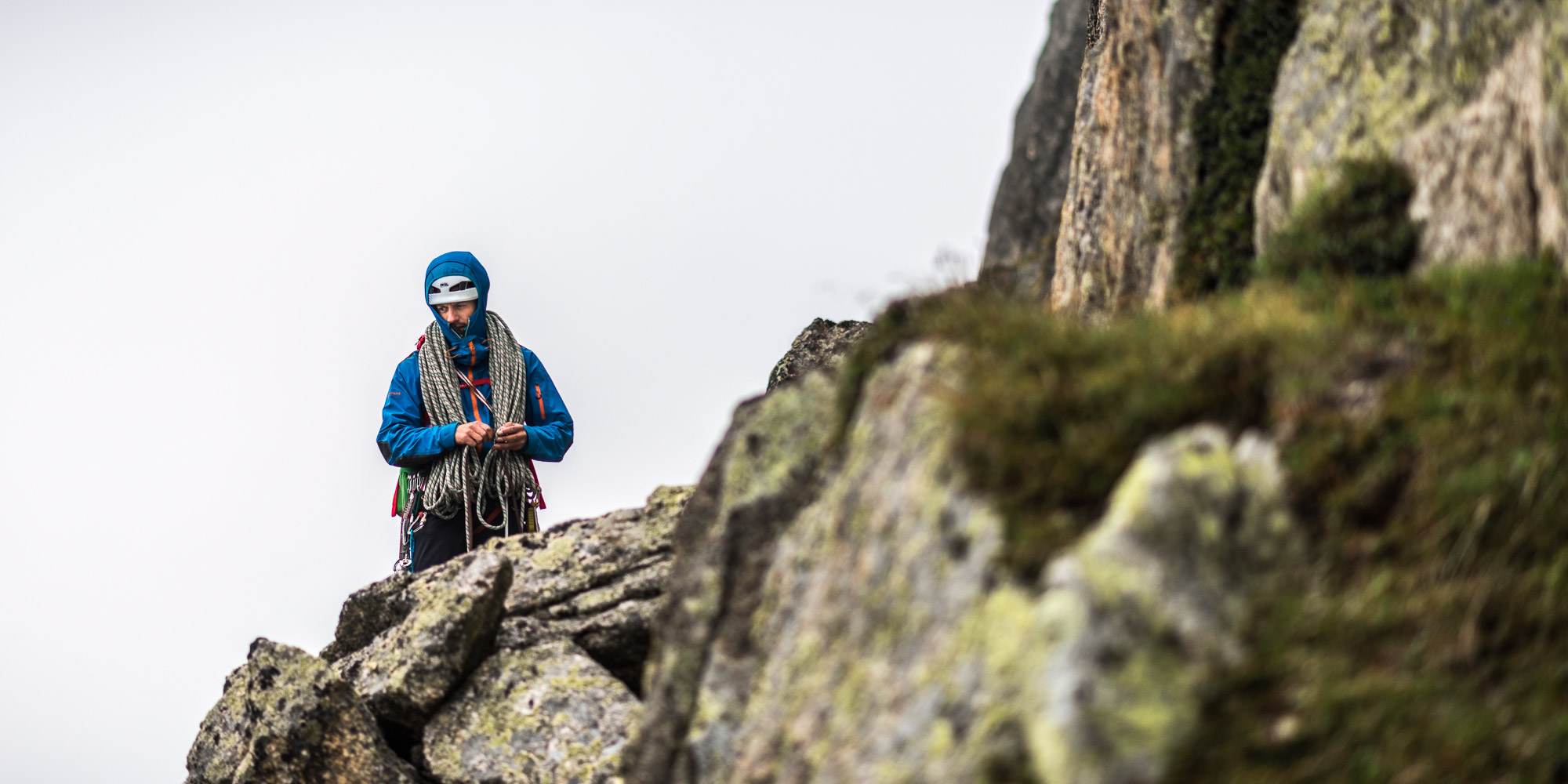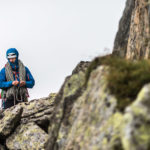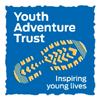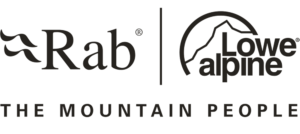Overview
During an expedition training course we will cover the gateway skills you need to looking after yourself and journey about in the mountains. These include:
- Equipment selection and packing
- Weather; interpretation and planning together with venue choice
- Fitness; health and hygiene
- Acclimatisation and altitude
- Staying warm
- Movement skills including steeper terrain
- Fixed lines/ropework
- Camping
- Emergency procedures
These courses typically run on a 1:6 ratio.
North Wales is a great location for summer training; it has a huge variety of mountains easily accessible from the majority of the UK.
Trip Suitability
Our Expedition training courses are suitable for everyone.
We have a broad variety of friendly, top level Expedition Leaders who can deliver all aspects of your training. We’ll always aim to use a leader who has personal experience of the peak you aim to climb however this may not always be possible on open courses with multiple destinations. Your leader will always be a highly experienced expedition leader with masses of skill.
If you are new to mountaineering having a good level of fitness will benefit your overall enjoyment of the day.
Itinerary
Our expedition training itineraries will vary with each course (this is often determined by where in the world you are going on expedition). The locations that you visit will be determined by your aims and the weather & conditions. In North Wales there are a huge variety of options to choose from including a variety of heights of mountain and approach directions. A flexible approach is essential as this will give us the best chance of finding suitable conditions to train in.
This is an example of a 2 day expedition training itinerary for Kilimanjaro:
Day 1
- Meet your instructor at 8.30am either at pre allocated café or your accommodation
- Discuss the aims and objectives of your days together
- Check your personal kit
- *Go out into the mountains, have an amazing day and learn lots
- Camp out in the mountains, sleep under the stars**
*We may decide to do some theory over coffee at the start or end of the day. Typical topics include acclimatisation/altitude, health and hygiene and mental preparation
**Stars aren’t guaranteed…
Day 2
- Get up early for a sunrise ascent
- Eat breakfast
- Return to your tent and pack up camp
- Continue practicing your skills in the mountains
- Return to a café for 4:30pm/5pm for tea, cake and to re-live your two days
- Depart and head home
Venues that we often use in Snowdonia include Snowdon itself.
Included
When you book with Mountain Expeditions, we want you to know exactly how much the course is going to cost you, with absolutely no hidden extras or last-minute costs.
The following are included in our price:
- UK Mountain Leader or Mountaineering and Climbing Instructor (ML or MCI) – highly qualified & very experienced
- All technical group equipment required – ropes & rack
- All mountain safety & emergency equipment
- Transfers to and from the training venues
You should also refer to the Not Included section.
Difficulty Level
All of our UK Courses & Worldwide Expeditions come with a suggested difficulty level to help you choose the correct one. For a full explanation of the Scottish Winter, Alpine and UK Rock Climbing grading systems, this blog explains them all – Grades Explained
Grading for UK Courses
With all our UK courses please refer to the Trip Suitability section for more specific details on course expectation and technical and physical levels required.
C1 – Intro Course: open to any level and ability
C2 – Intermediate Courses: previous experience of scrambling/rock climbing or winter mountaineering
C3 – Advanced Courses: previous technical summer or winter climbing experience
Grading for Worldwide Expeditions
With all our Worldwide Expeditions you should refer to the Trip Suitability section for more specific details on the expedition expectation and technical and physical levels required. If in any doubt please don’t hesitate to contact us.
Physical
A. Good basic fitness, as for UK hill walking and mountaineering. Average rucksack weight: 6-8 kg
B. Good cardio-vascular fitness which for most people requires some training, by running, hiking and perhaps some gym work. Average rucksack weight: 8-12 kg.
C. High level of fitness coupled with physical toughness and the ability to carry a heavy rucksack for long periods. Average rucksack weight: 12-18 kg.
D. As for C, but tougher. Climbs of this grade are exceptionally strenuous and some weight loss is inevitable. Train hard and arrive fit. Welcome to ask for advice if training specifically.
E. Hard physical effort at extreme altitude which requires thorough preparation based on your experience of previous trips. Comments for ‘D’ also apply. May cause long-term fatigue after the trip.
Technical
1. Low angle snow or straightforward scrambling on rocks. Ropes are not usually required. Previous climbing experience is not essential.
2. Ropes are used principally for glacier travel and low angle snow or ice slopes. Ice axe and crampon experience necessary.
3. Short, steep sections of snow or ice up to about 50 degrees. Previous snow and ice climbing experience of Scottish III/Alpine PD is essential.
4. Long, steep snow and ice slopes with short steps of very steep ice or low grade rock climbing. Good all-round climbing ability required to Scottish III/Alpine AD.
5. Very steep ice (Scottish III/IV or harder) or rock (Hard Severe or harder). Suitable for competent mountaineers who have climbed consistently at these standards.









